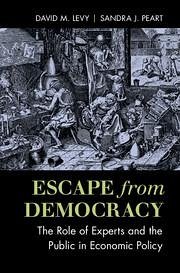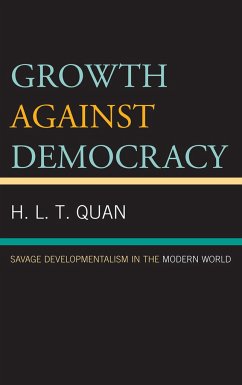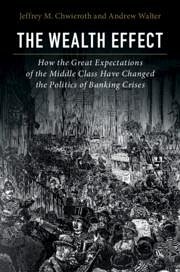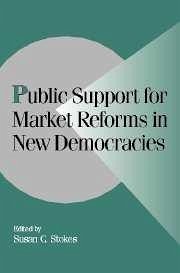
Escape from Democracy
The Role of Experts and the Public in Economic Policy
Versandkostenfrei!
Versandfertig in über 4 Wochen

PAYBACK Punkte
16 °P sammeln!




This text interrogates the role of experts in governing and proposes a viable alternative: governing by democratic discussion.
David M. Levy is Professor of Economics at George Mason University, Washington DC. He has worked with Sandra J. Peart at the University of Richmond for fifteen years, and both have co-directed the Summer Institute for the History of Economics and have been honored by the History of Economics Society.
Produktdetails
- Verlag: Cambridge University Press
- Seitenzahl: 290
- Erscheinungstermin: 24. Dezember 2016
- Englisch
- Abmessung: 228mm x 151mm x 17mm
- Gewicht: 482g
- ISBN-13: 9781316507131
- ISBN-10: 1316507130
- Artikelnr.: 45163425
Herstellerkennzeichnung
Libri GmbH
Europaallee 1
36244 Bad Hersfeld
gpsr@libri.de
Für dieses Produkt wurde noch keine Bewertung abgegeben. Wir würden uns sehr freuen, wenn du die erste Bewertung schreibst!
Eine Bewertung schreiben
Eine Bewertung schreiben
Andere Kunden interessierten sich für











